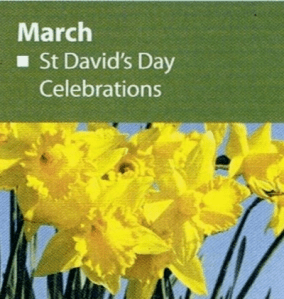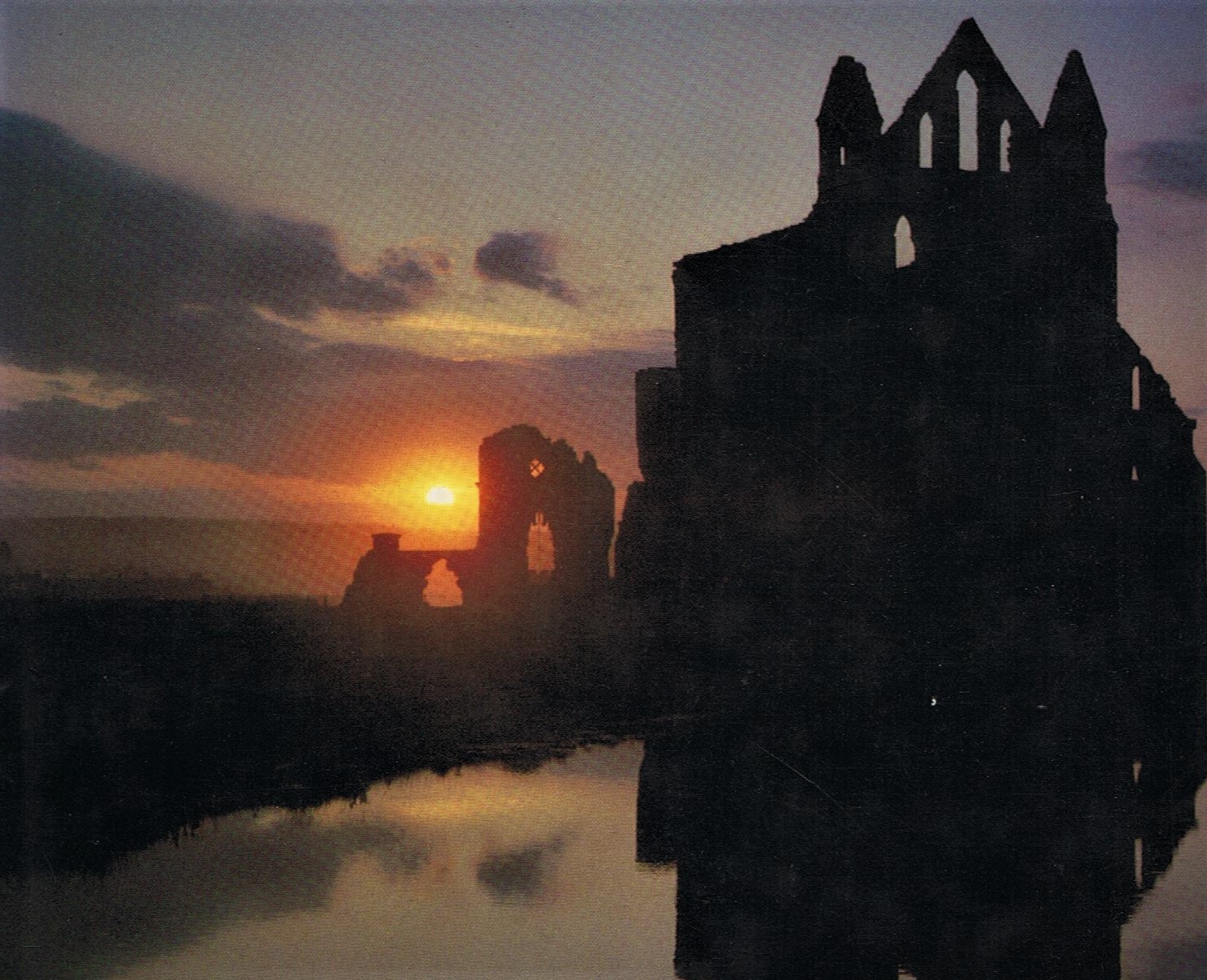St. David’s Day (Dydd Gwyl Dewi) is the first of the four national days or patron saints’ days in the British calendar. Saint David (Dewi Sant in Welsh) is the only of them to actually hail from the country for which he was canonised. Yet we know very little of a factual nature about his life. Apparently,Continue reading “Where in the World is Wales? Celebrating St David’s Day, 1st March – a retrospective after forty years ‘in exile’.”
Tag Archives: Tudors
‘Cry God for Queen Bess, England and St Cuthbert….!’ How did George become England’s Patron Saint?
Follow your spirit; and upon this charge Cry God for Harry, England and St George! William Shakespeare, Henry V, Part One. England hasn’t really got a national anthem….The Irish, the Scots and the Welsh all have anthems, the Americans have the cheek to sing ‘My Country ’tis of thee’ to the tune of ‘God Save the Queen‘, but what do theContinue reading “‘Cry God for Queen Bess, England and St Cuthbert….!’ How did George become England’s Patron Saint? “
Welsh Bards & Hungarian Balladeers: Imagining the Past – Poetry & History.
Wars of Independence: In 1857, the legendary martyrdom of the courtly poets of Wales by Edward I was used by the nineteenth-century Hungarian poet János Arany to serve as a parable of resistance to another Empire after the ‘heroic’ uprising and war of independence of 1848-49 in his native country. Arany’s poem, Walesi bardok (The Bards ofContinue reading “Welsh Bards & Hungarian Balladeers: Imagining the Past – Poetry & History.”
The False Dawn: Saxons, Celts and Britons, 616-839 – From Edwin of Northumbria to Egbert of Wessex.
The (no-longer-so-dark) Dark Ages: Since the discovery of the Sutton Hoo burial in Suffolk in 1939, archaeology has continued to shed light on the ‘Dark Ages’, where documentary evidence is lacking. The distribution of pagan fifth-century Anglo-Saxon burials indicates the probable areas of earliest English settlement in Britain. The English ‘advance’ continued throughout the periodContinue reading “The False Dawn: Saxons, Celts and Britons, 616-839 – From Edwin of Northumbria to Egbert of Wessex.”




